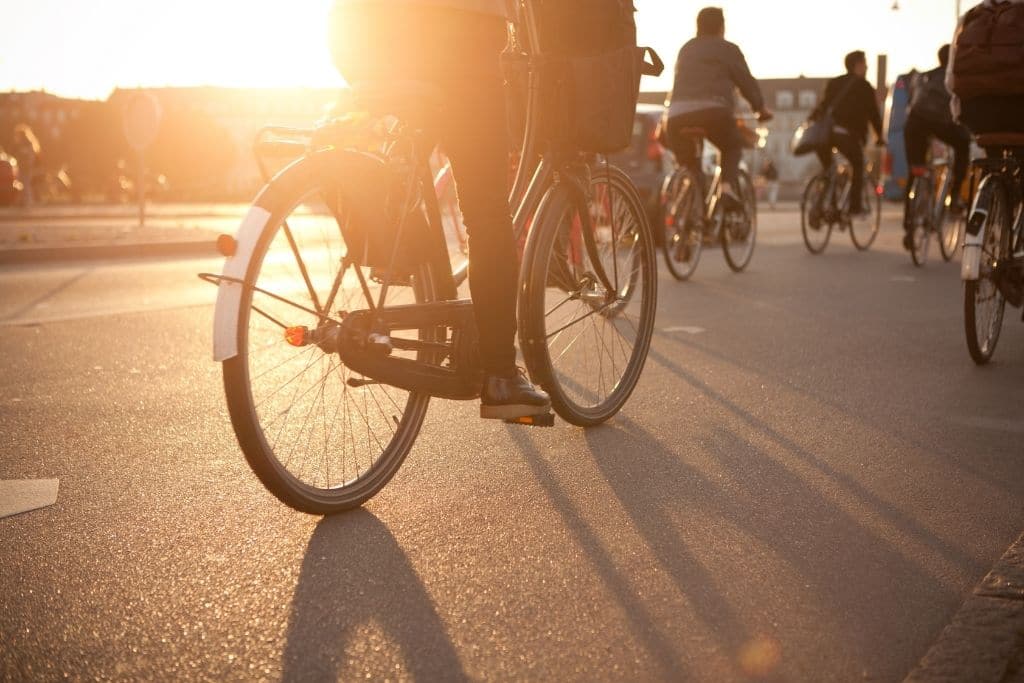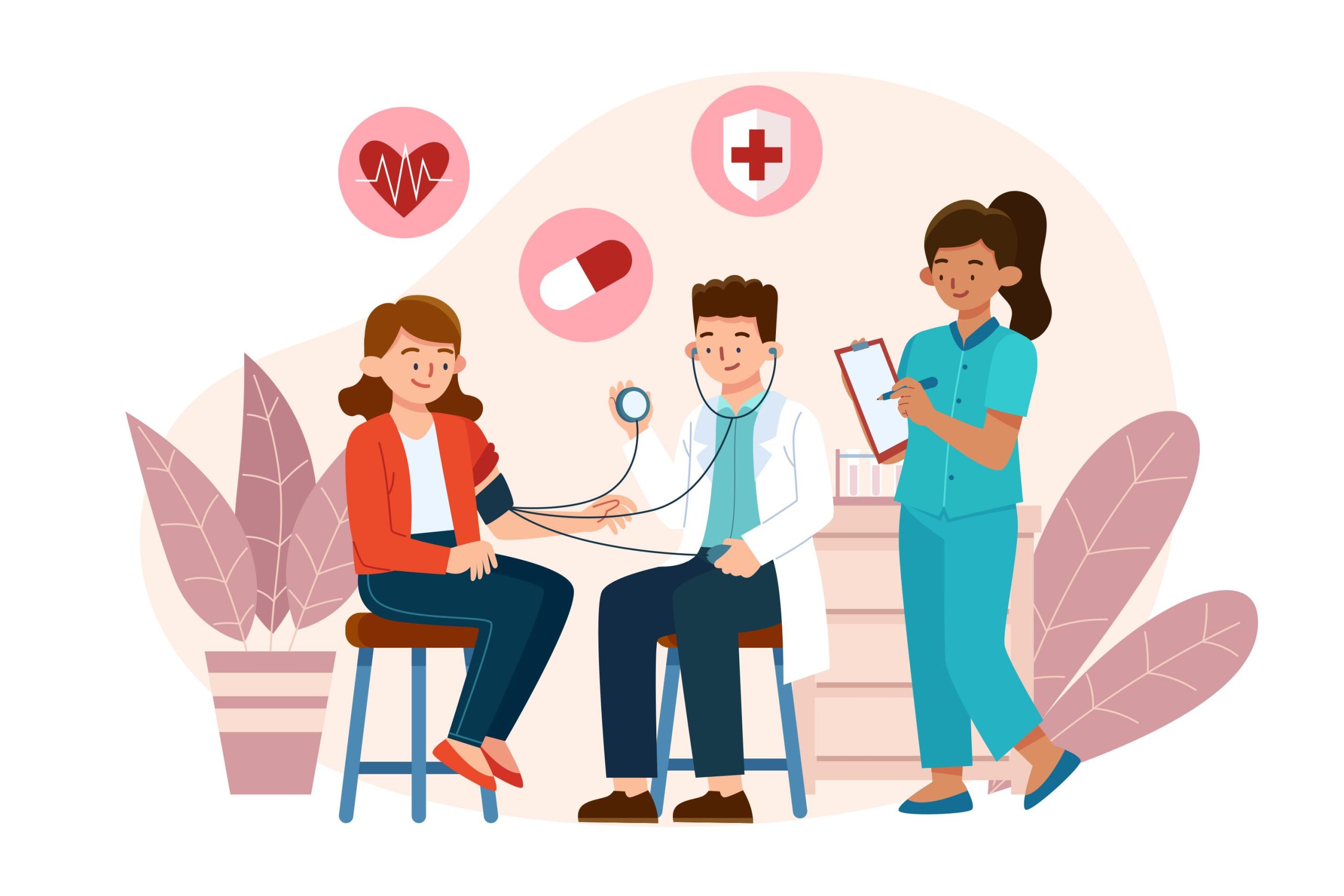We think that we are sheltered in warm and protected homes and forget that we still live in a world full of potential dangers. Fortunately, these home safety recommendations will assist you in assessing and analyzing any hidden threats that may exist in your home, allowing you to take appropriate action and live in perfect safety.
Easy-to-Follow Home Safety Recommendations
Don’t overlook the importance of good housekeeping.
The term “safety housekeeping” refers to the activity of keeping small safety hazards at bay by following basic safety procedures. The following are some good safety precautions to take. To begin, keep clutter out of the path of doors, stairways, and steps, and make sure any wires are out of the way of travel to avoid trips. Keep items where they can be easily reached, or use a ladder or step-stool to access them safely, and close drawers, cabinets, and cupboards when not in use. If you have any potentially harmful liquids or cleaners in your house, ensure sure they are stored safely and properly.
Maintain a sufficient level of home security
Potential security concerns are perhaps one of the most dangerous hazards that can come with homeownership. Fires, floods, power outages, invasions, and other disasters are examples. To avoid a potentially terrible occurrence, make sure your home is secure by installing a security alarm and door locking system. Smoke and carbon monoxide detectors should always be present in your house, and the batteries should be checked and tested on a regular basis.
Always keep house fire safety in mind.
Fires in the home can be exceedingly damaging, if not fatal. While it’s impossible to live comfortably and conveniently while eliminating all fire hazards, there are steps you can take to ensure that high-risk items in your house are no longer a fire hazard. Cooking should never be left unattended, and clutter, oil, and combustible materials such as hairspray, bug spray, or air freshener should be kept off stoves and counter surfaces. If you have a fireplace, candles, or other open flame sources, never leave them unattended and make sure they’re on a non-flammable surface away from any potentially flammable goods.
Electrical dangers should be avoided.
While electricity is extremely convenient, it can also offer a number of safety issues if it is not properly maintained. To eliminate potential electrical hazards, use the following electrical safety tips. All damaged wiring and cords should be replaced, and old or malfunctioning appliances should be discarded. Keep a check on your covers like the boiler cover and purchase the best boiler cover. When replacing light bulbs, make sure to follow the proper procedures. Never overload your electrical outlets; if required, use extension cables.
Have everything you’ll need
All of the traditional emergency response materials should be kept in a convenient position in your house. These are some of the items:
A first-aid kit including bandages, gauze, antibacterial wipes, eye patches, pain medicine, and other supplies.
A medicine for a common condition, such as indigestion or a cold.
If necessary, inhalers
Contact information for emergency contacts, doctors, hospitals, and poison control centers
Anything else you might need for your home safety visit this website for more information.






